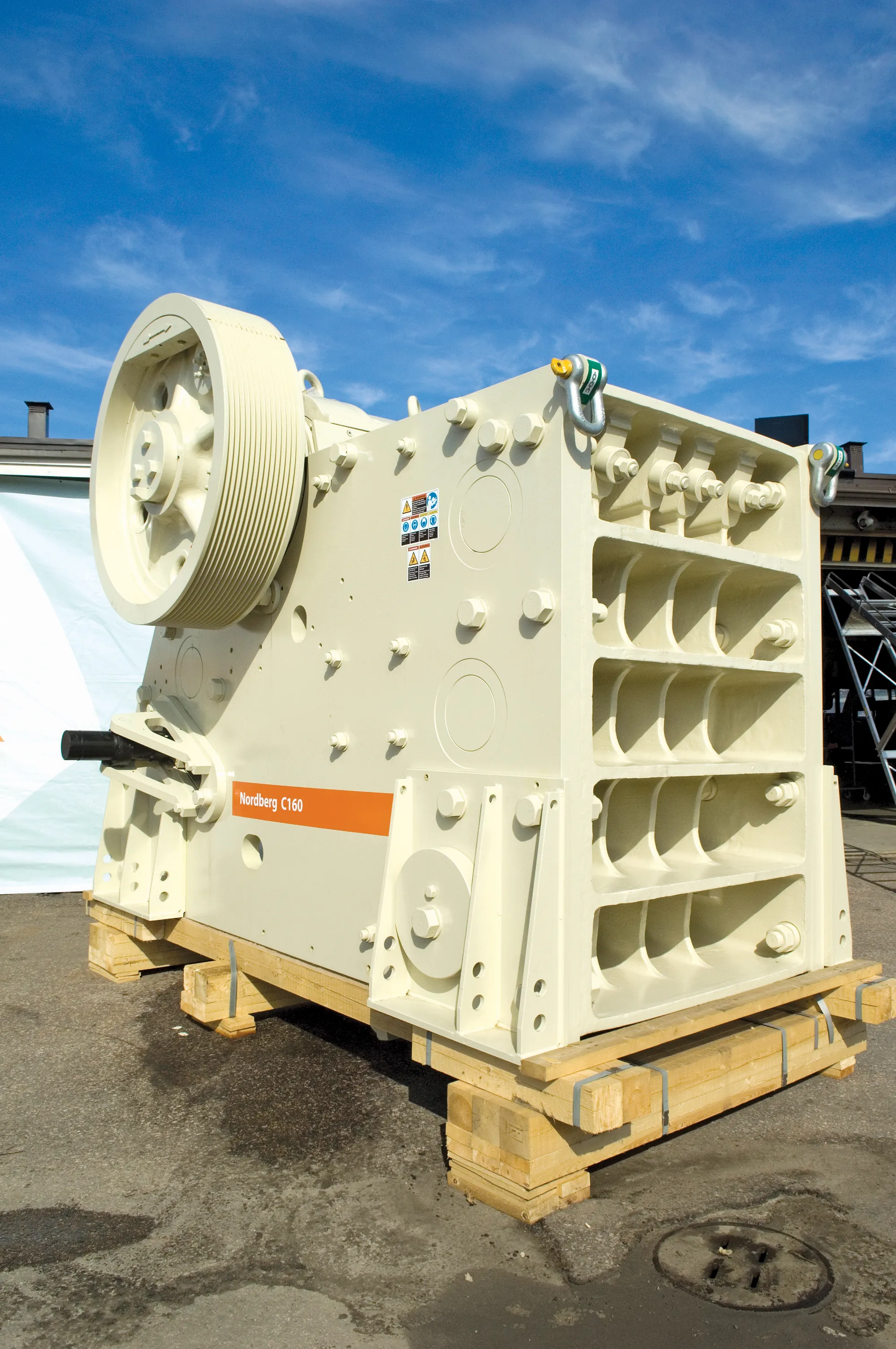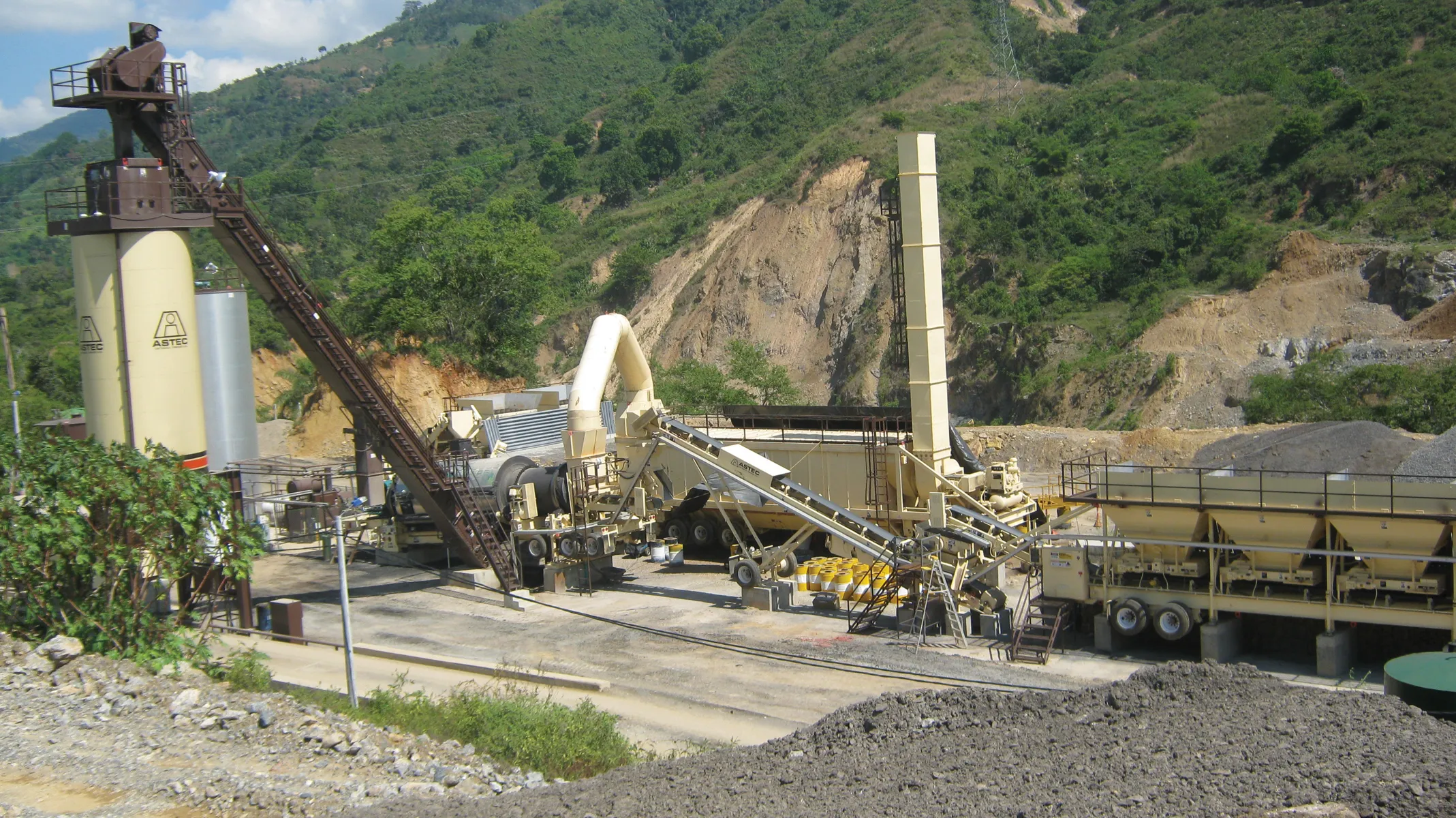Metso is supplying Colas with a complete crushing and screening plant for use at its Centre Ouest facility in France. This is a significant order and includes primary, secondary and tertiary equipment and the package also includes service maintenance contracts for inspection and extended guarantees.
The aggregate produced in the quarry will mainly be used for road construction and this state-of-the-art crushing and screening system is said to offer substantial reductions in energy, production, transport
September 26, 2013
Read time: 2 mins

The aggregate produced in the quarry will mainly be used for road construction and this state-of-the-art crushing and screening system is said to offer substantial reductions in energy, production, transportation and maintenance costs over previous equipment. Highly automated, the crushing and screening system features the latest technology and will deliver high quality materials to meet tight road specifications according to Metso. The order includes several of the latest Metso machines for use in hard rock applications. The package includes a C160 jaw crusher, an HP500 cone crusher, two HP6 cone crushers, more than 12 vibrating machines from the TS, CVB and VF ranges and over 2km of Metso conveyors.
The agreement also includes a truck loading station, automation and power systems, 2000tonnes of steel structures, plateworks, de-dusting, erection and commissioning of the plant. When complete the facility is expected to produce 1.5 million tonnes/year and is equipped with 4000kW of installed power.







